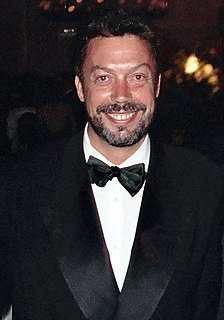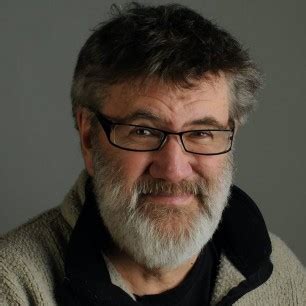A Quote by William Zinsser
Also bear in mind, when you're choosing your words and stringing them together, how they sound. This may seem absurd: readers read with their eyes. But in fact they hear what they are reading far more than you realize.
Related Quotes
With so much reading ahead of you, the temptation might be to speed up. But in fact it’s essential to slow down and read every word. Because one important thing that can be learned by reading slowly is the seemingly obvious but oddly underappreciated fact that language is the medium we use in much the same way a composer uses notes, the way a painter uses paint. I realize it may seem obvious, but it’s surprising how easily we lose sight of the fact that words are the raw material out of which literature is crafted.
Reading activates and exercises the mind. Reading forces the mind to discriminate. From the beginning, readers have to recognize letters printed on the page, make them into words, the words into sentences, and the sentences into concepts. Reading pushes us to use our imagination and makes us more creatively inclined.
I am grateful for emphasis on reading the scriptures. I hope that for you this will become something far more enjoyable than a duty; that, rather, it will become a love affair with the word of God. I promise you that as you read, your minds will be enlightened and your spirits will be lifted. At first it may seem tedious, but that will change into a wondrous experience with thoughts and words of things divine. Gordon B. Hinckley
When you begin to read or listen to the Holy Scriptures, pray to God thus: "Lord Jesus Christ, open the ears and eyes of my heart so that I may hear Thy words and understand them, and may fulfill Thy will." Always pray to God like this, that He might illumine your mind and open to you the power of His words. Many, having trusted in their own reason, have turned away into deception.
As for the differences between audio and the printed page, the sonic aspects of poetry are important to me. I read my poems aloud to myself as I'm composing them. And I enjoy reading to an audience. I think people get tone more easily when they hear a writer read her work. Some people have told me they hear more humor in my poems at a live reading than when they see them on the page. I think that may be a matter of pacing. On the other hand, I've listened to a lot of poetry readings and I know how much you can miss. If you stop to really register one line, you miss the next three or so.
The deep-read is when you get gut-hooked and dragged overboard down and down through the maze of print and find, to your amazement, you can breathe down there after all and there’s a whole other world. I’m talking about the kind of reading when you realize that books are indeed interactive. . . . I’m talking about the kind of deep-read where it isn’t just the plot or the characters that matter, but the words and the way they fit together and the meandering evanescent thoughts you think between the lines: the kind of reading where you are fleetingly aware of your own mind at work.
To listen fully means to pay close attention to what is being said beneath the words. You listen not only to the 'music,' but to the essence of the person speaking. You listen not only for what someone knows, but for what he or she is. Ears operate at the speed of sound, which is far slower than the speed of light the eyes take in. Generative listening is the art of developing deeper silences in yourself, so you can slow our mind's hearing to your ears' natural speed, and hear beneath the words to their meaning.
Along the way, about certain things, you realize, "I don't know anything about this." You think, "Is this going to sound ridiculous?" So I pestered more than a hundred different people over the course of the book. And when I finished the book I gave it to six or seven trusted readers, who are always the same, but I also gave it to a brother of mine who's a doctor and I asked him to read it, and he was very helpful. It's good to have a group of trusted readers. As my kids have grown up, they've joined this group.
I seem to have three categories of readers. The first is nonbelievers who are glad that I am reading the Bible so they don't have to bother. The second group, which is quite large, is very Biblically literate Jews. And the third, which is also very large, is Christians, most of them evangelical. The evangelical readers and the Jewish readers have generally been very encouraging, because they appreciate someone taking the book they love so seriously, and actually reading it and grappling with it.
When I tell you not to marry without love, I do not advise you to marry for love alone: there are many, many other things to be considered. Keep both heart and hand in your own possession, till you see good reason to part with them; and if such an occasion should never present itself, comfort your mind with this reflection, that though in single life your joys may not be very many, your sorrows, at least, will not be more than you can bear. Marriage may change your circumstances for the better, but, in my private opinion, it is far more likely to produce a contrary result.






































